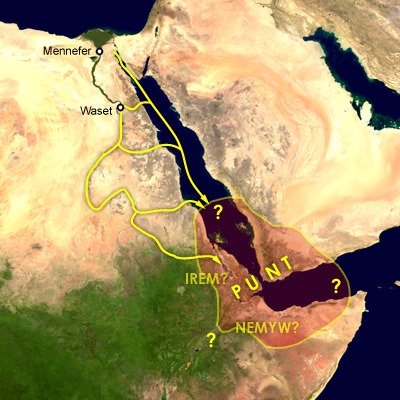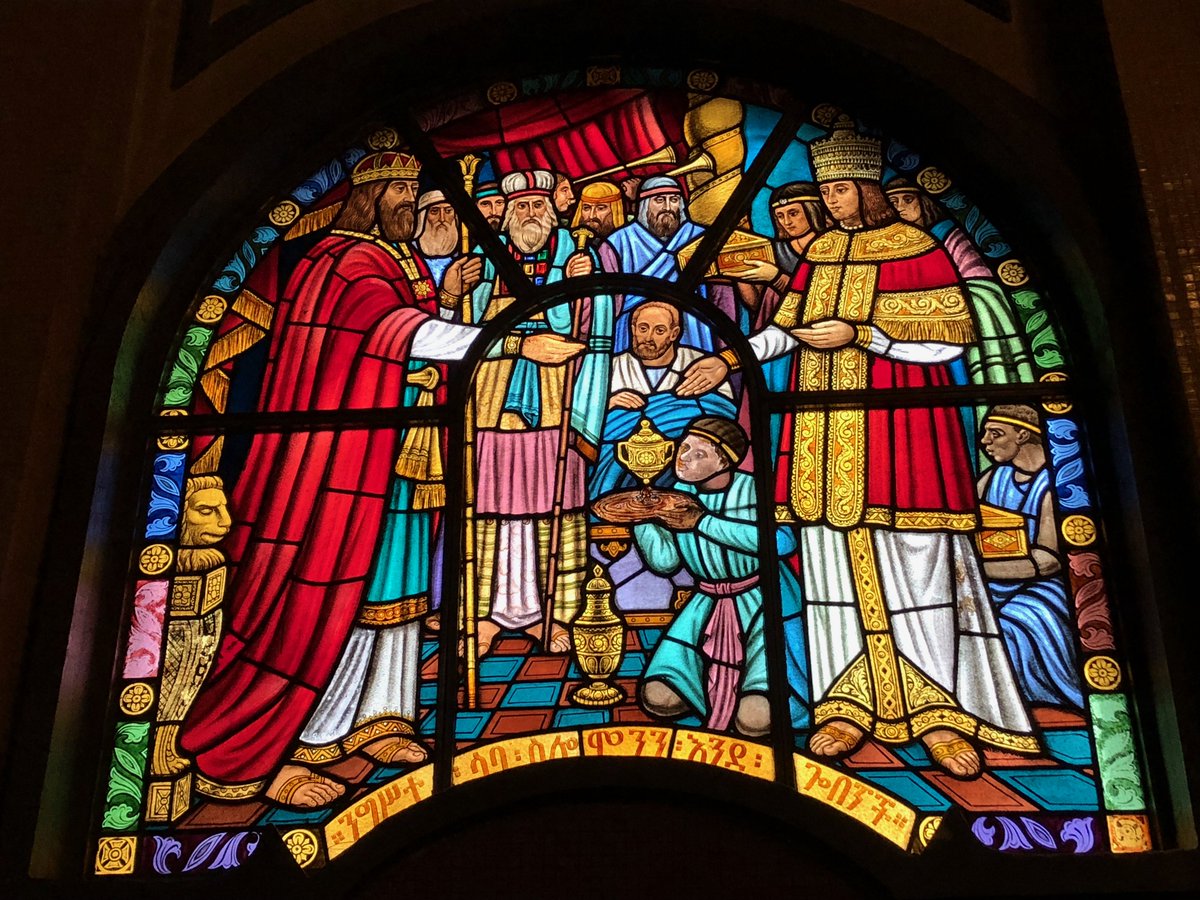1) Black Wave: Saudi Arabia, Iran and the Rivalry That Unravelled the Middle East
2) Islam, Authoritarianism, and Underdevelopment: A Global and Historical Comparison by Ahmet Kuru
3) The Nine Lives of Pakistan: Dispatches from a Divided Nation by Declan Walsh
4) Pakistan: A Kaleidoscope of Islam by Mariam Abou Zahab
5) On the Meaning of Life by Will Durant
6) Pakistan- The Politics of the misgoverned by Azhar Hassan Nadeem
7) Crafty Oligarchs, Savvy voters: Democracy Under Inequality in Rural Pakistan by Shandana Khan Mohmand
8) The Bhutto Dynasty: The Struggle for Power in Pakistan by Owen Bennett-Jones
9) The battle for Pakistan by Shuja Nawaz
10) Pakistan's Political Parties by Nahid Siddiqui, Mariam Mufti, and Sahar Shafqat
11) Pakistan at Seventy by Shahid Javed Burki
12) New Perspectives on Pakistan's Political Economy: State, Class and Social Change by Akbar Zaidi and Mathew MacCartney
13) Aap Beeti Jug Beeti by Saad Khairi
14) Fading Memories of Islamabad by Saud Mukhtar
15) Punjab and the War of Independence 1857-1858: From Collaboration to Resistance by Turab ul Hasan Sangrana
16) Royals and Rebels: The Rise and Fall of the Sikh Empire by Priya Atwal
17) People's History of Punjab by Manzur Ejaz
18) Mastery by Robert Greene
19) The 48 Laws of Power by Robert Greene
20) The 33 Strategies of War by Robert Greene
21) The 50th Law by Robert Greene
22) Exercise of Power by Robert Gates
23) The Riddle of History: The Great Speculators from Vico to Freud by Bruce Mazlish
24) How Democracies Die by Steven Levitsky and Daniel Ziblatt
25) The Man on Horseback: The Role of Military in Politics by S E Finer
26) India in the Persianate Age 1000-1765 by Richard Eaton
27) The Emperor Who Never Was: Dara Shukoh in Mughal India by Supriya Gandhi
28) Iran Reframed: Anxieties of Power in the Islamic Republic by Narges Bajoghli
29) Leadership in War: Essential Lessons from who made History by Andrew Roberts
30) The Army and Democracy: Military Politics in Pakistan by Aqil Shah
31) Crashed: How a Decade of Financial Crises Changed the World by Adam Tooze
32) Partition: The story of Indian independence and the creation of Pakistan in 1947 by Barney White-Spunner
33) Cold War in the Islamic World: Saudi Arabia, Iran and the Struggle for Supremacy by Dilip Hiro
34) The Tragedy of Great Power Politics by John Mearsheimer
35) India and Pakistan: Continued Conflict or Cooperation? by Stanley Wolpert
36) Prime Movers by Ferdinand Mount
37) Profiles in Leadership: Historians on the Elusive Quality of Greatness by Walter Issacson
38) The Siege of Mecca: The Forgotten Uprising in Islam's Holiest Shrine and the Birth of al-Qaeda by Yaroslav Trofimov
39) Mencken's America by H.L.Mencken
40) The Strategy of Conflict by Thomas Schelling.
41) Grand Strategies: Literature, Statecraft, and World Order by Charles Hill


